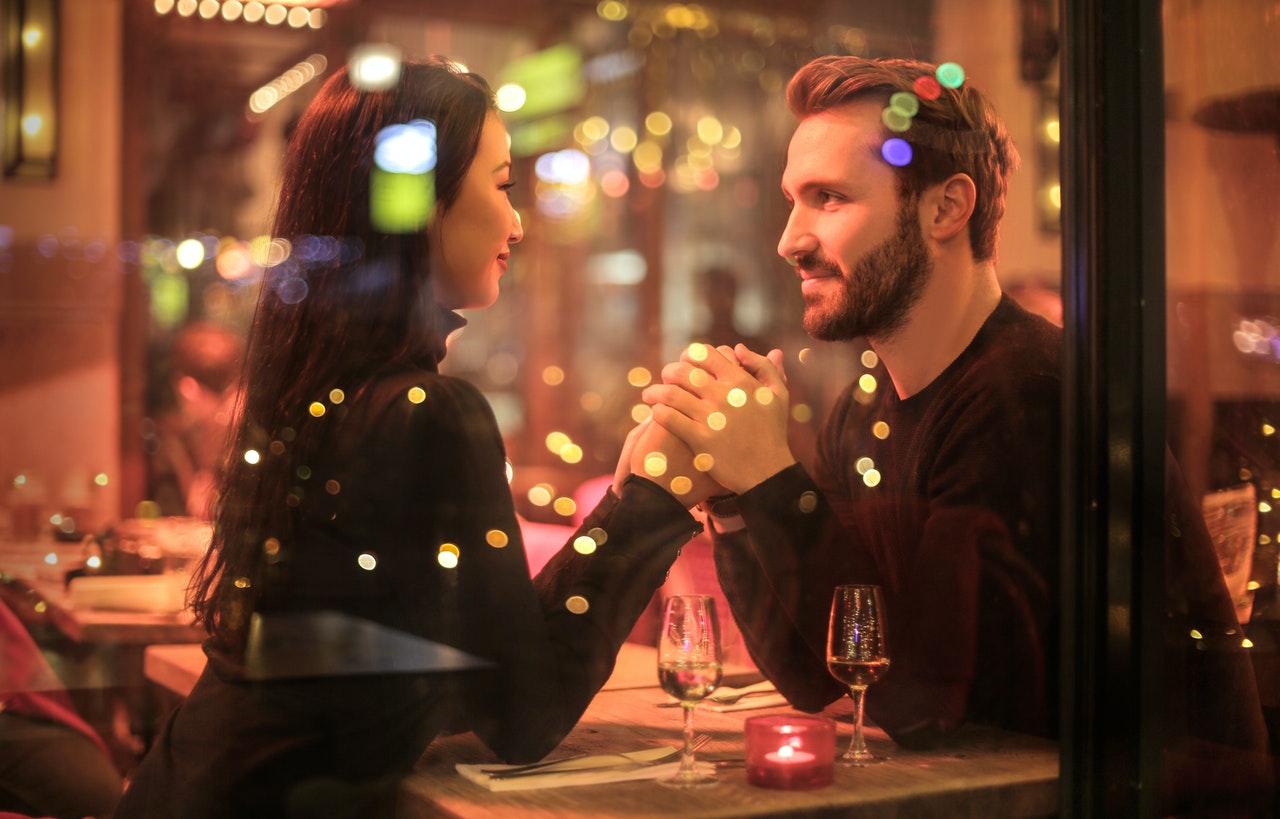Did anyone else grow up having ‘stranger danger’ relentlessly hammered into their minds? It may have felt annoying to have your parents and teachers tell you this over and over (and over) again when you were young, but they had good intentions.
This lesson wasn’t just important when you were young, it’s an exercise you should follow for the rest of your life. Being skeptical of people you don’t know will continue to protect you from harm. As our world becomes more digitized, the scope of what and who a stranger is expands. It’s no longer the strange man that lives down the block or the person trying to talk to you in the grocery store parking lot. Today, it can be someone behind a computer screen.
Think about online dating. We’ve seen an increase in the number of people using digital platforms to find love, especially in the wake of the global pandemic. These apps open up the number of fish in someone’s sea and make it so much easier to meet new people. This is exciting, of course — especially when the conversation is going well and you’re getting closer to that first date. But don’t let excitement blind you to the dark side of dating.
The reality is that you’re talking to people you don’t know. To find love, you must make yourself vulnerable, but you should never become so vulnerable that you put yourself in physical, emotional, or financial danger. While the COVID-19 pandemic may have dissipated in-person dates for the time-being, it’s still important to be aware of what you can do to protect yourself before a future first date.
Ask to see at least one of their social media accounts
Every person in this day and age has at least one social media profile they’re active on. You’ve seen the images they’ve uploaded to their dating profile, but this shouldn’t be enough proof to give you confidence that they’re really who they say they are.
Ask to see one of their social profiles. If you notice they’re inactive, don’t have a lot of friends, or don’t have any photos showing their face, it’s very possible they could be a fraudster. Don’t be afraid to ask them for more information about themselves for your own peace of mind. If they can’t do this, or refuse to send you a link to one of their accounts in the first place, there’s a reason. And you don’t want to continue talking to them to find out what that reason might be.
Dig up information about them
It’s okay to do a little digging into their personal lives. This isn’t offputting. It’s a precautionary measure for your own safety. Use any information they’ve given you to look them up — name, location, where they live, where they work, anything.
Can’t find anything on Google that confirms a correlation between their information? Or you can find relevant information, but their picture is different? These are all red flags. Also, looking them up online can reveal any unsatisfactory information out there about them as well. MyLife, for example, has thousands of Reputation Profiles online that can show whether someone has been arrested, taken to court, or has negatively been reported on other websites for scam and theft. MyLife Reputation Profiles can also include photos and links to social profiles that you should see to stay safe.
Share your location with a friend
This may seem like a simple step, but it could be lifesaving. If you did your background research and still feel confident going on a first date, that’s great. However, there are still precautions you should take in case anything bad were to happen. You can either download apps that track your phone’s location, or you can share your location with a trusted friend or family member. It’s better to do this before a first date, so you’re not struggling to do it when you’re already in the moment.
That before-the-first-date feeling is one of the best feelings in the world, but you’ll feel better about the first date knowing that you’ve made sure you aren’t putting yourself in front of a stranger that could put you in serious danger.


